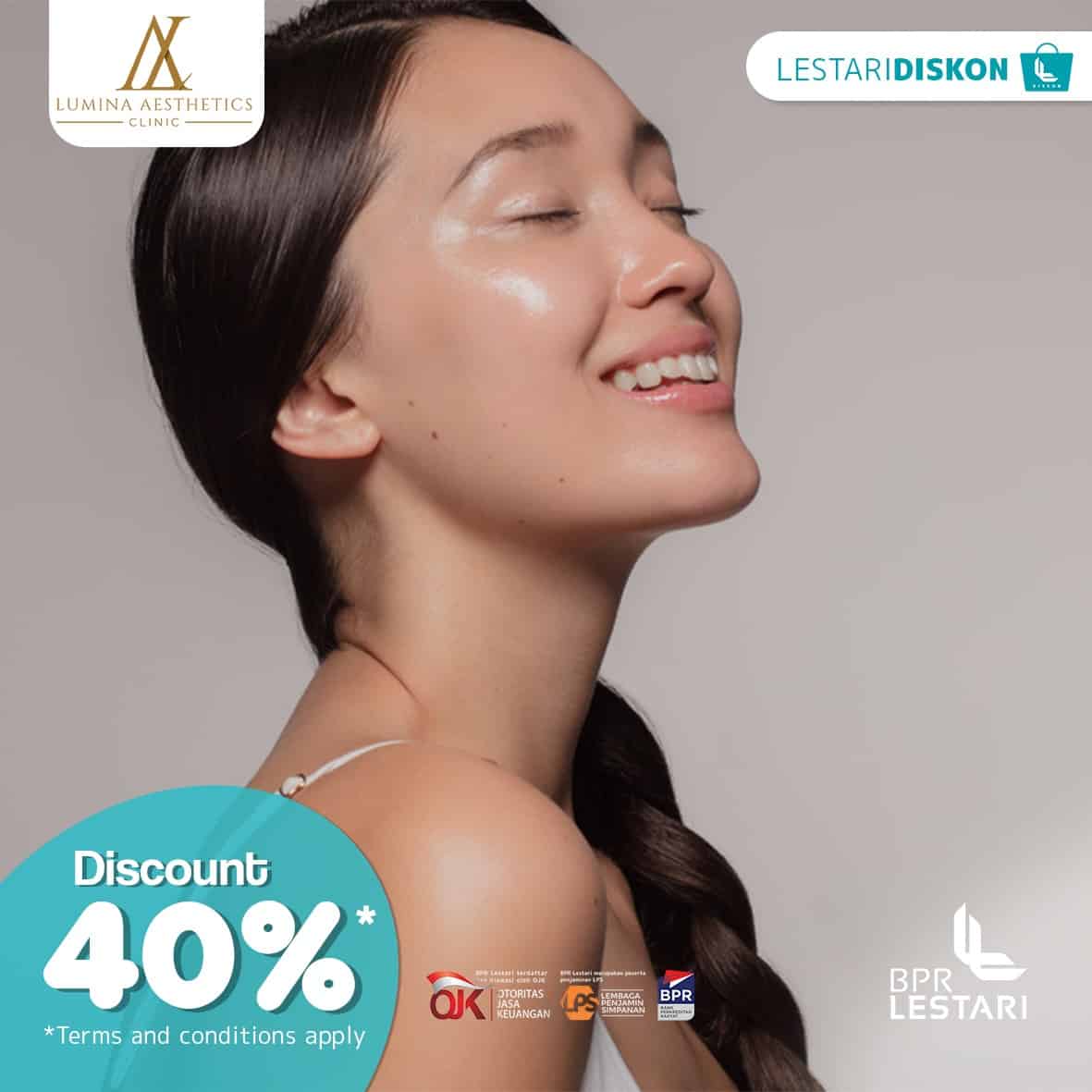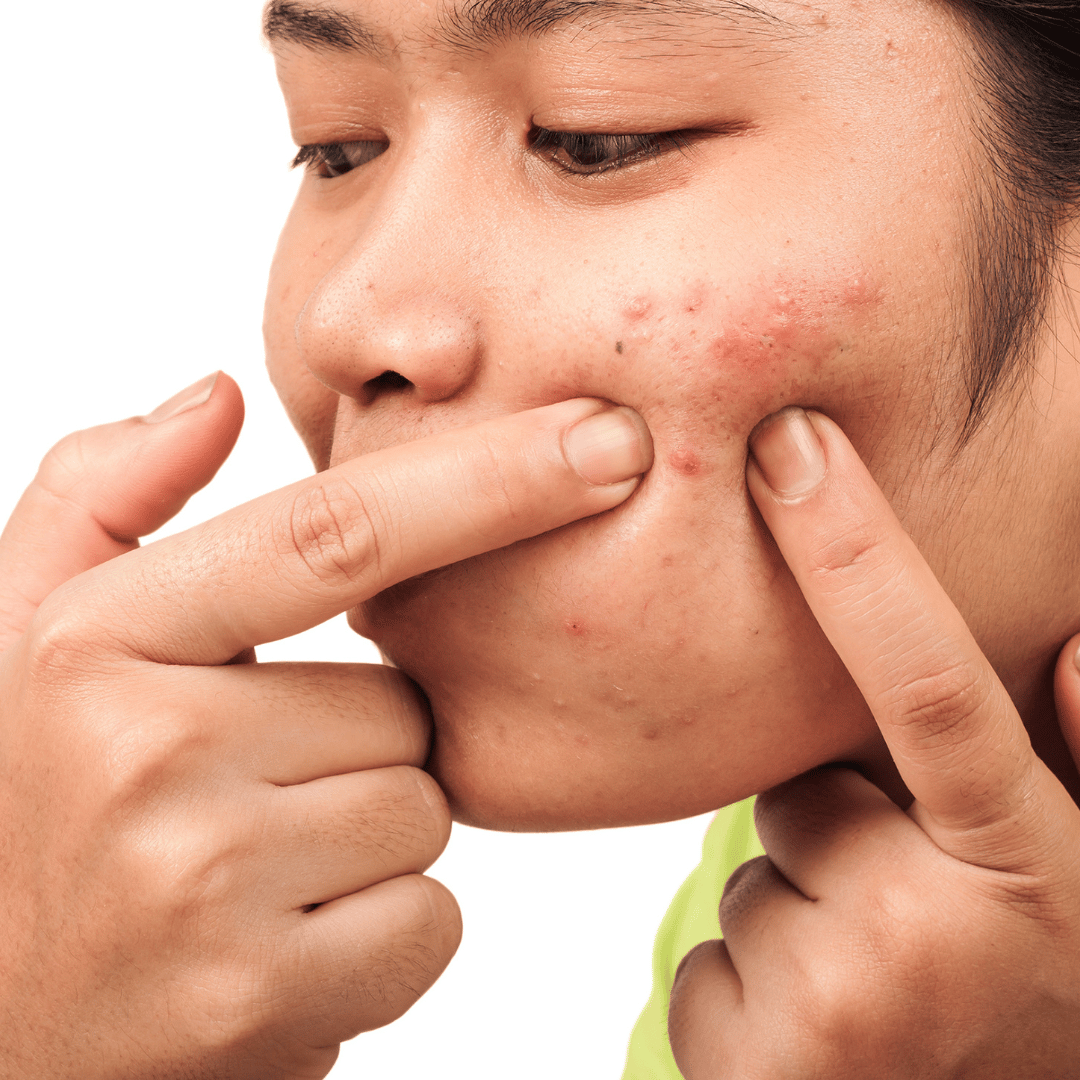Acne is one of the most common skin problems that people suffer from. It usually appears on the face, chest, back, and shoulders, though it can also occur on any other part of the body. If you are suffering from acne, or know someone who is suffering from acne, then this article is for you. We will explore what causes acne, how to prevent it, and various treatment options available.
What causes acne
There are many different factors that can contribute to the development of acne. For some people, it may be due to genetics or hormones. For others, it may be triggered by certain medications, cosmetics, or even dietary choices.
One of the most common causes of acne is the overproduction of sebum. Sebum is an oily substance that helps keep our skin moist and protected. However, when there is too much sebum produced, it can clog pores and trap dirt and bacteria. This can lead to inflammation and the formation of pimples.
Other possible causes of acne include:
- Hormonal changes (during puberty, pregnancy, menstrual cycles, etc.)
- Medications (steroids, lithium, etc.)
- Cosmetics (oils, heavy makeup)
- Diet (high sugar/carbohydrate intake)
If you are struggling with acne, it is important to talk to your doctor or dermatologist. They can help you identify any potential triggers and develop a treatment plan that is right for you.
Why does my skin get pimples?
There are many reasons why skin can get pimples, but the most common cause is excess oil production. When the sebaceous glands produce too much oil, it can clog pores and trap bacteria, which can lead to inflammation and pimples. Other causes of pimples include hormones, certain medications, genetic factors, and poor hygiene.
To prevent pimples, it is important to keep the skin clean and free of oils and makeup. Regular cleansing with a gentle cleanser can help to remove excess oils and keep the pores clear. In addition, using products that contain benzoyl peroxide or salicylic acid can help to dry up excess oil and kill bacteria. If you are prone to pimples, it is also important to avoid touching or picking at the skin, as this can worsen inflammation and lead to scarring.
There are several treatment options available for pimples. Over-the-counter treatments such as gels or creams containing benzoyl peroxide or salicylic acid can help to dry up excess oil and reduce inflammation. For more severe cases of acne, prescription medications such as oral antibiotics or isotretinoin may be necessary. It is important to speak with a dermatologist about the best treatment option for you.
What are the symptoms of acne?
There are many different symptoms of acne, and they can range from mild to severe. The most common symptoms include:
- Whiteheads
- Blackheads
- Papules
- Pustules
- Cysts
Acne can also cause other symptoms, such as:
- Redness
- Swelling
- Painful lesions
- scars
Home remedies for acne
Acne is a common skin condition that affects people of all ages. There are many different causes of acne, but the most common cause is a build-up of oil and dead skin cells in the pores. Acne can be treated with over-the-counter medications, prescription medications, or home remedies.
There are many different home remedies for acne that you can try. Some of these include:
• Applying a mixture of one part baking soda and three parts water to the affected area.
• Making a paste out of raw honey and cinnamon and applying it to the pimples.
• Rub a slice of fresh garlic on the pimples.
• Putting a piece of ice on the pimples for a few minutes each day.
• Apply a mixture of one tablespoon of apple cider vinegar and two cups of water to the face.
If you are looking for a more natural way to treat your acne, then home remedies may be the way to go. These options are often less expensive than over-the-counter or prescription medications, and they have fewer side effects. Try out a few of these home remedies to see which one works best for you!
Topical treatments for acne- Oral medications for acne
There are many different treatments for acne, but not all treatments are right for everyone. One type of treatment that can be effective for some people is an oral medication.
There are a few different types of oral medication that can be used to treat acne. The most common type is antibiotics. Antibiotics work by killing the bacteria that cause acne and reducing inflammation. Other types of oral medication include retinoids and birth control pills.
Oral medications for acne can have side effects, so it is important to talk to your doctor about the risks and benefits before starting any treatment. Some common side effects include dry mouth, nausea, and dizziness.
If you are considering taking oral medications for acne, talk to your doctor about which option might be right for you.
When should I see a doctor about my acne?
Acne is a common skin condition that can affect people of all ages. While it is most commonly associated with adolescence, it can also affect adults. If you are experiencing acne, it is important to see a doctor to determine the best course of treatment.
There are many over-the-counter treatments for acne, but some people may need a prescription medication to clear their skin. If you have tried over-the-counter treatments and your acne persists, makes you feel embarrassed, or causes you pain, it is time to see a doctor.
A doctor can help determine the cause of your acne and prescribe the best course of treatment. Treatment options vary depending on the severity of your acne and may include topical creams, oral medications, or a combination of both. In some cases, laser therapy may be recommended.
If you are concerned about your acne, make an appointment to see a dermatologist or other healthcare provider specializing in skin conditions.
Laser and light therapies for acne
Laser and light therapies are popular treatment options for acne. They work by targeting the bacteria that cause acne, reducing inflammation and redness.
There are a number of different laser and light therapy options available, so it is important to speak to a dermatologist to find the best one for you.
Acne injection
Injection therapy is a treatment option for acne. Injection therapy involves injecting medication into the acne lesion. This medication can help to reduce the size of the lesion and improve the appearance of the skin. Injection therapy is a quick and easy treatment option for acne.
Chemical peel
A chemical peel is a treatment option for acne. A chemical peel involves applying a chemical to the skin, which causes the skin to peel off. This can help to improve the appearance of the skin and reduce the appearance of acne.
Dermabrasion
Dermabrasion is a treatment option for acne. Dermabrasion involves sanding down the top layer of skin. This can help to improve the appearance of the skin and reduce the appearance of acne.
If you don't know where to get some help to treat your acne situation, don't hesitate to contact us immediately. we have various treatments to help you acne-free.
We are conveniently located at Jl Dewi Sri Kuta Bali, Indonesia, and soon will be opening our 2nd branch in Alam Sutera, Tangerang. For more information, please call us or request an appointment online at +6281210688884 / +6281228888837 or Email: [email protected].






